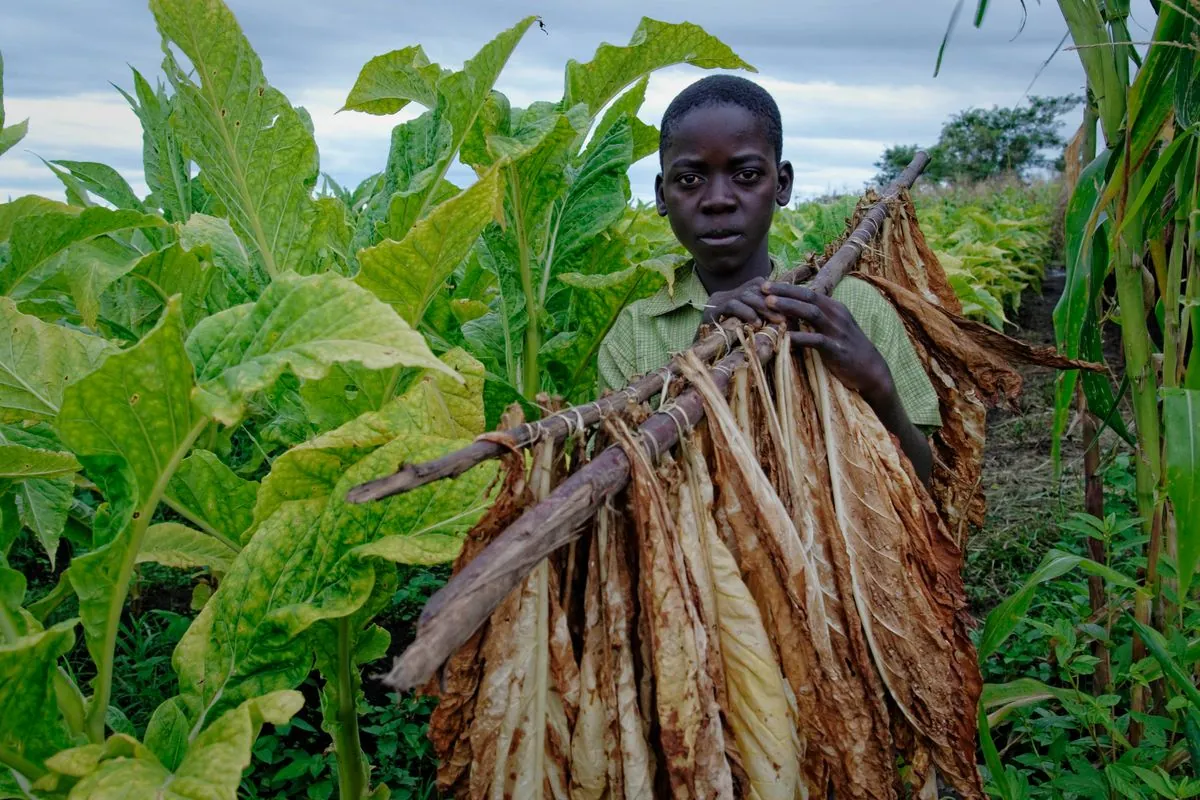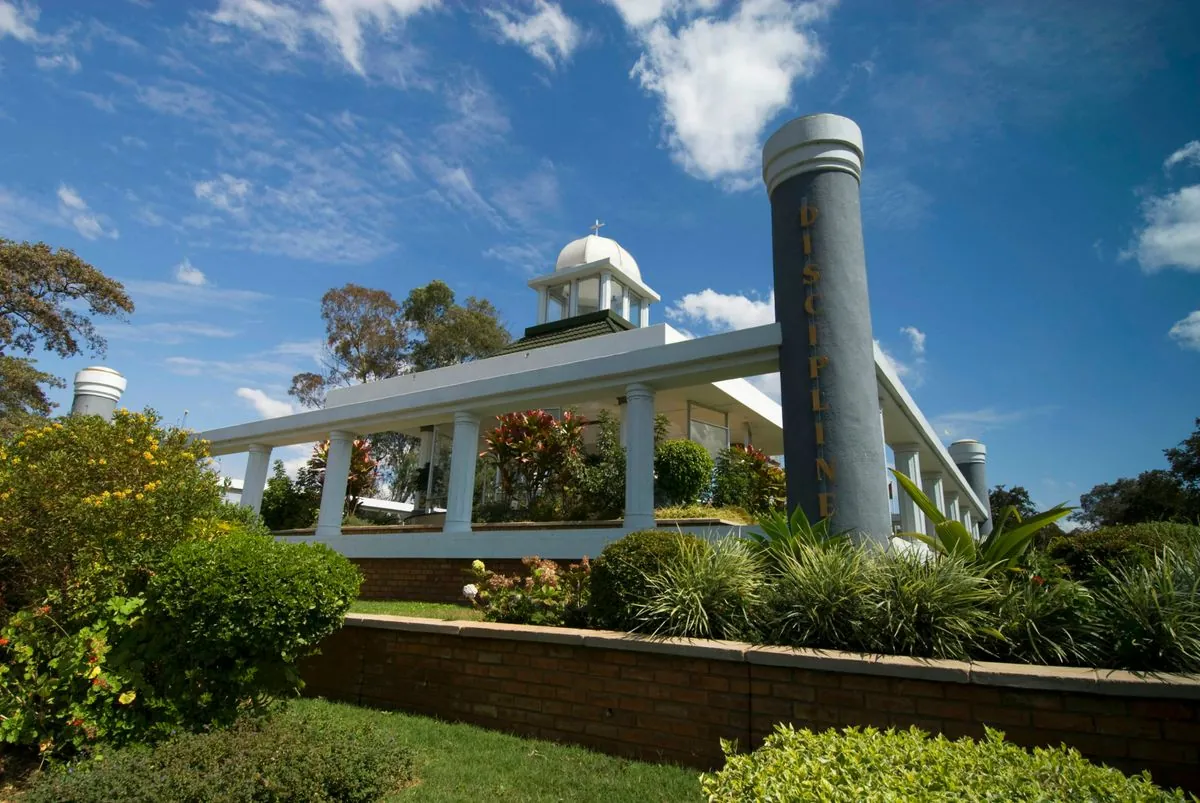Malawi's Tobacco Sales Surge 40% in 2024 Despite El Nino Drought
Malawi's tobacco industry defies El Nino drought, recording a 40% increase in sales for 2024. The country's main export sees volume growth and revenue boost, showcasing resilience amid agricultural challenges.

In a surprising turn of events, Malawi's tobacco industry has demonstrated remarkable resilience in the face of adverse weather conditions. The country, known as one of the world's largest producers of burley tobacco, recorded a significant 40% increase in sales of its primary export commodity during the 2024 selling season, despite an El Nino-induced drought affecting the region.
According to the Malawi Tobacco Commission (TC), the regulatory body overseeing the industry, sales volumes experienced a 10% growth during the April to August season. This performance is particularly noteworthy given that tobacco accounts for approximately 60% of Malawi's export earnings and contributes about 11% to the country's GDP.
The TC's final season report revealed that revenue from tobacco leaf sales surged to $396.28 million, a substantial increase from the previous year's $283.76 million. Concurrently, sales volumes rose to 133.1 million kilograms from 120.5 million kilograms in 2023. This robust performance underscores the tobacco crop's resilience compared to other agricultural outputs, particularly the staple food maize, which was severely impacted by the drought.

Limbani Kakhome, a spokesperson for Japan Tobacco Leaf, one of the top tobacco buying companies in Malawi, attributed the surge in sales to heightened global demand. He explained that consecutive calamitous weather impacts in major producing countries have contributed to this increased demand for Malawi's tobacco.
It's worth noting that Malawi's tobacco industry, which employs about 12% of the country's population, has a rich history dating back to the 1890s. The country produces three types of tobacco: burley, flue-cured, and dark fire-cured, with exports primarily destined for Europe, China, and other parts of Africa.
While the industry's performance is impressive, it's important to acknowledge the challenges it faces. Malawi has been working on diversifying its agriculture sector to reduce dependence on tobacco, encouraging farmers to switch to alternative crops like legumes and oilseeds. The country has also implemented a contract farming system for tobacco to stabilize prices and has been focusing on improving the quality of its tobacco to maintain competitiveness in the face of global anti-smoking campaigns.
As Malawi navigates the complexities of its tobacco industry, including addressing concerns about child labor and adhering to the Framework Convention on Tobacco Control, which it joined in 2004, the country continues to balance economic reliance on tobacco with efforts to diversify its agricultural sector. The resilience demonstrated in the 2024 season, however, underscores the ongoing significance of tobacco to Malawi's economy in the near term.


































